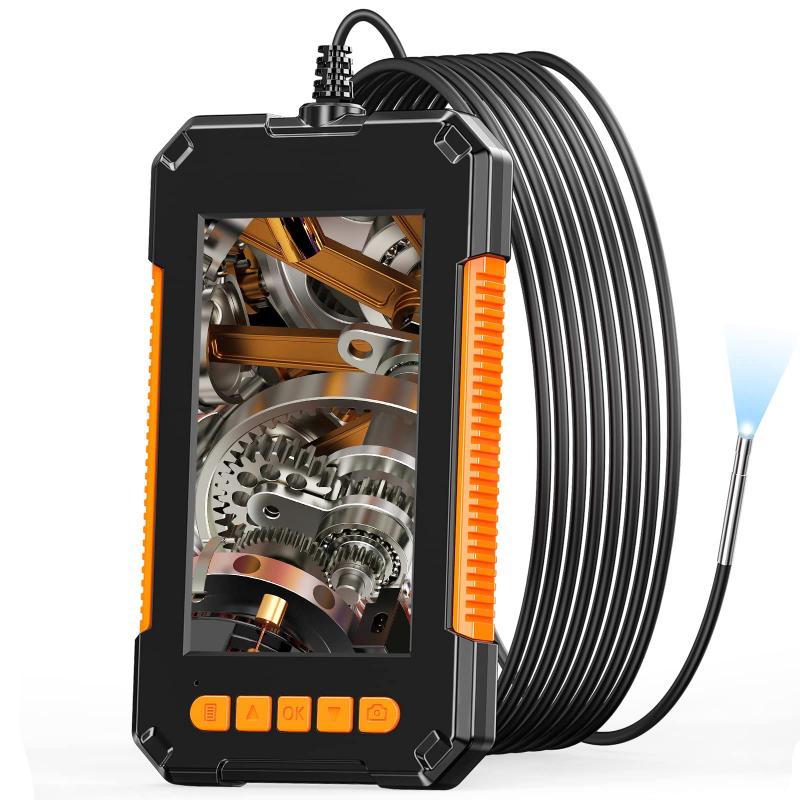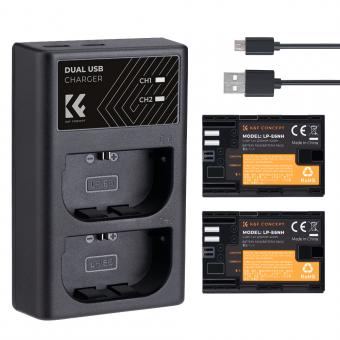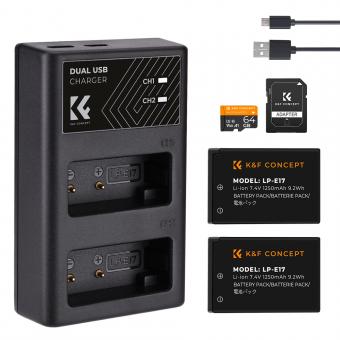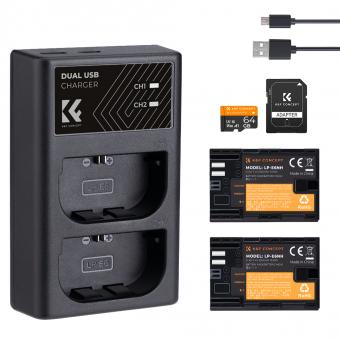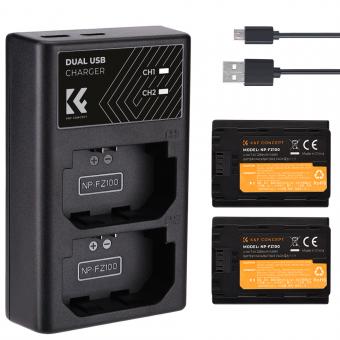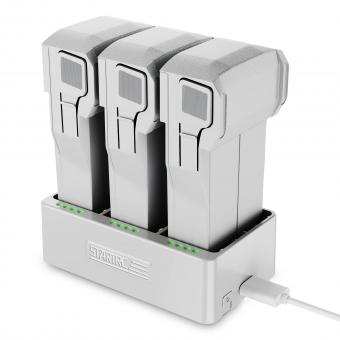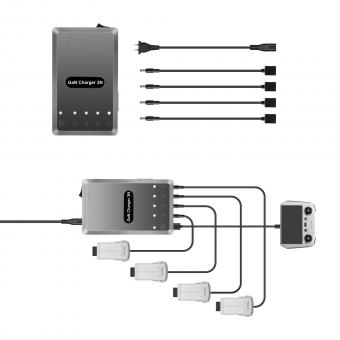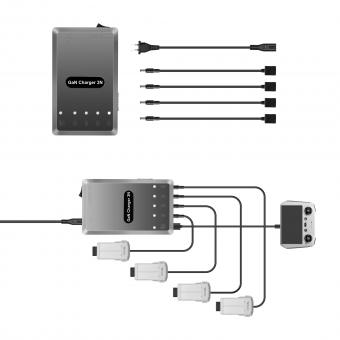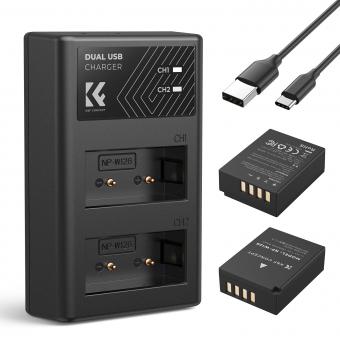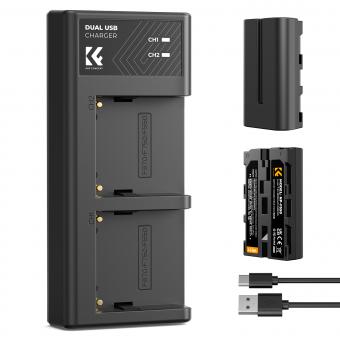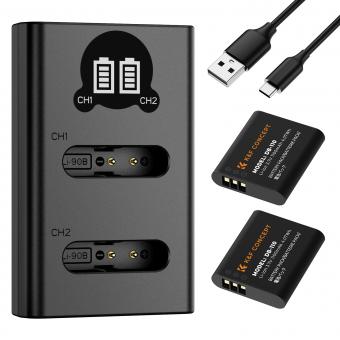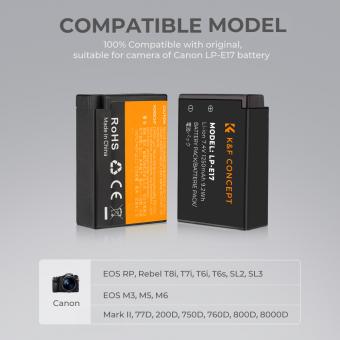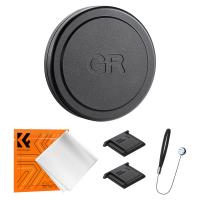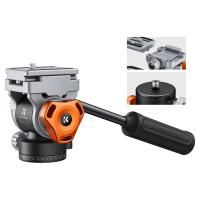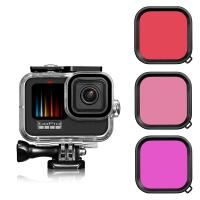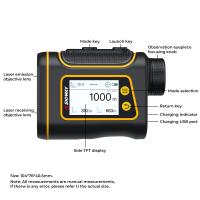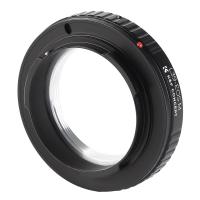Can The Swelling Of Camera Batteries Be Reversed ?
No, the swelling of camera batteries cannot be reversed.
1、 Battery swelling in cameras: causes and prevention measures.
Battery swelling in cameras is a common issue that can occur due to various reasons. It is important to understand the causes and take preventive measures to avoid such incidents. However, once a battery has swollen, it is generally not possible to reverse the swelling.
The swelling of camera batteries is primarily caused by a buildup of gas inside the battery. This can happen due to overcharging, exposure to high temperatures, physical damage, or using incompatible or faulty batteries. When the gas builds up, it causes the battery to expand and swell.
To prevent battery swelling, it is crucial to follow some preventive measures. Firstly, it is important to use the correct type and model of battery recommended by the camera manufacturer. Using counterfeit or incompatible batteries can increase the risk of swelling. Secondly, avoid overcharging the batteries and ensure they are not exposed to extreme temperatures. It is also advisable to store batteries in a cool and dry place when not in use.
In recent years, there have been advancements in battery technology to reduce the risk of swelling. Manufacturers are now incorporating safety features in batteries to prevent overcharging and overheating. Additionally, some cameras now come with built-in battery management systems that monitor and regulate the charging process, reducing the chances of swelling.
In conclusion, while it is not possible to reverse the swelling of camera batteries, taking preventive measures can significantly reduce the risk of such incidents. By using the correct batteries, avoiding overcharging, and storing them properly, photographers can ensure the longevity and safety of their camera batteries.

2、 Risks and dangers of using swollen camera batteries.
The swelling of camera batteries is a concerning issue that should not be taken lightly. It is important to address this problem promptly to ensure the safety of both the user and the equipment.
To answer the question, no, the swelling of camera batteries cannot be reversed. Once a battery swells, it indicates a serious problem with the internal structure, typically caused by a buildup of gas or a chemical reaction. Attempting to reverse the swelling can be extremely dangerous and may result in leakage, explosion, or fire. Therefore, it is crucial to handle swollen batteries with caution and dispose of them properly.
There are several risks and dangers associated with using swollen camera batteries. Firstly, the swelling itself is an indication of a potential internal short circuit, which can lead to overheating and thermal runaway. This can cause the battery to catch fire or explode, posing a significant risk of injury or property damage. Additionally, swollen batteries may leak corrosive chemicals, which can damage the camera or other nearby objects.
It is important to note that the latest point of view emphasizes the need for preventive measures to avoid battery swelling. This includes using genuine batteries from reputable manufacturers, avoiding exposure to extreme temperatures, and not overcharging or over-discharging the batteries. Regularly inspecting batteries for signs of swelling or damage is also recommended.
In conclusion, the swelling of camera batteries cannot be reversed, and it is crucial to be aware of the risks and dangers associated with using swollen batteries. Taking preventive measures and promptly addressing any signs of swelling can help ensure the safe and efficient operation of camera equipment.
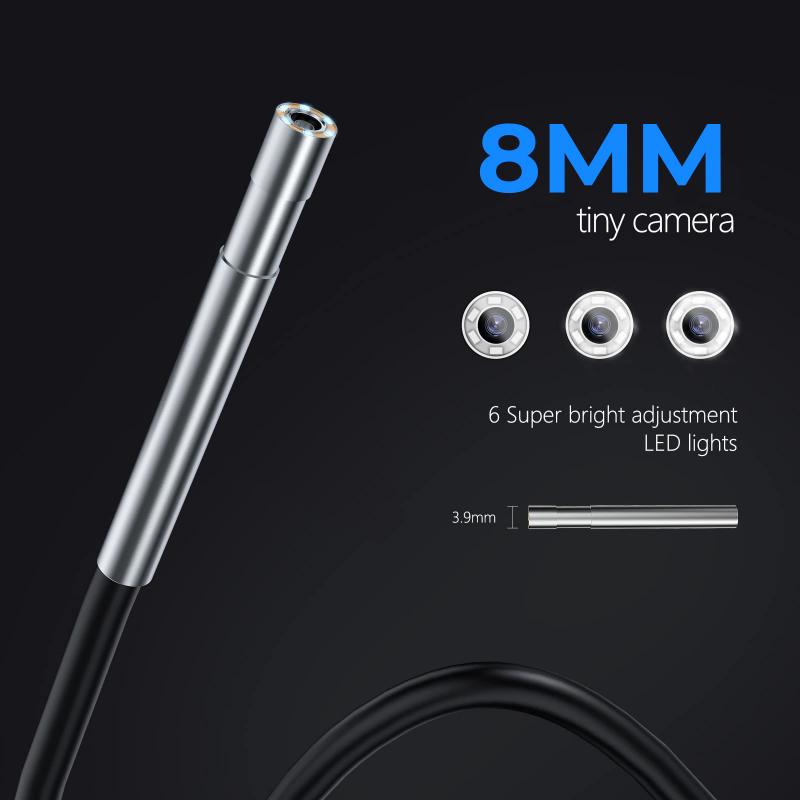
3、 Steps to safely handle and dispose of swollen camera batteries.
The swelling of camera batteries is a common issue that can occur due to various reasons such as overcharging, exposure to extreme temperatures, or physical damage. Unfortunately, once a battery has swollen, it cannot be reversed or fixed. Swelling is an indication of internal damage to the battery, usually caused by a chemical reaction or the release of gases. Continuing to use a swollen battery can be dangerous as it may leak or even explode.
To safely handle and dispose of swollen camera batteries, follow these steps:
1. Do not attempt to use the swollen battery or charge it. Disconnect it from the camera or any other device immediately.
2. Wear protective gloves and eyewear to prevent any potential leakage or contact with harmful chemicals.
3. Place the swollen battery in a non-flammable container such as a metal or plastic bag. This will help contain any potential leaks or explosions.
4. Store the container in a cool, dry place away from flammable materials and direct sunlight. It is important to keep the battery away from any potential ignition sources.
5. Contact your local waste management facility or recycling center to inquire about proper disposal methods for swollen batteries. They will provide guidance on how to safely dispose of the battery in accordance with local regulations.
It is worth noting that some battery manufacturers or electronics stores may have specific programs or services for the safe disposal of swollen batteries. It is always recommended to check with them for any additional guidance or assistance.
In conclusion, the swelling of camera batteries cannot be reversed. It is crucial to handle and dispose of swollen batteries safely to prevent any potential hazards.
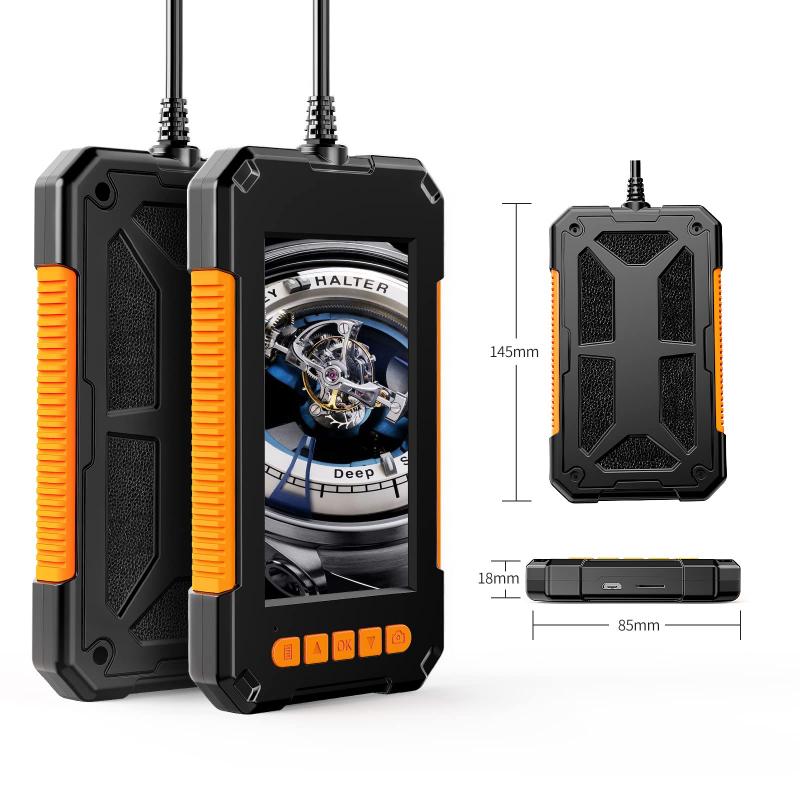
4、 Potential damage to cameras caused by swollen batteries.
The swelling of camera batteries is a common issue that can occur due to various reasons such as overcharging, overheating, or age-related deterioration. When a battery swells, it indicates a potential problem and should not be ignored.
To answer the first part of your question, "can the swelling of camera batteries be reversed?" - the short answer is no. Once a battery has swollen, it is not possible to reverse the swelling or restore the battery to its original state. Swelling occurs due to a buildup of gas inside the battery, which causes the casing to expand. This gas buildup is typically a result of chemical reactions or internal damage to the battery.
Now, addressing the potential damage to cameras caused by swollen batteries - it is crucial to handle swollen batteries with caution. Swollen batteries can exert pressure on the camera's internal components, potentially causing damage to the battery compartment or other sensitive parts. In some cases, the swelling can be severe enough to prevent the battery from being removed, leading to further complications.
It is important to note that using a swollen battery can be dangerous. Swollen batteries have an increased risk of leakage, overheating, or even exploding. Therefore, it is strongly recommended to stop using a swollen battery immediately and dispose of it properly following the manufacturer's guidelines.
In recent years, there have been advancements in battery technology to improve safety and reduce the risk of swelling. However, it is still essential to monitor battery health, avoid overcharging, and replace batteries that show signs of swelling promptly.
In conclusion, the swelling of camera batteries cannot be reversed, and using swollen batteries can potentially damage cameras. It is crucial to prioritize safety and replace swollen batteries to prevent further complications or hazards.
